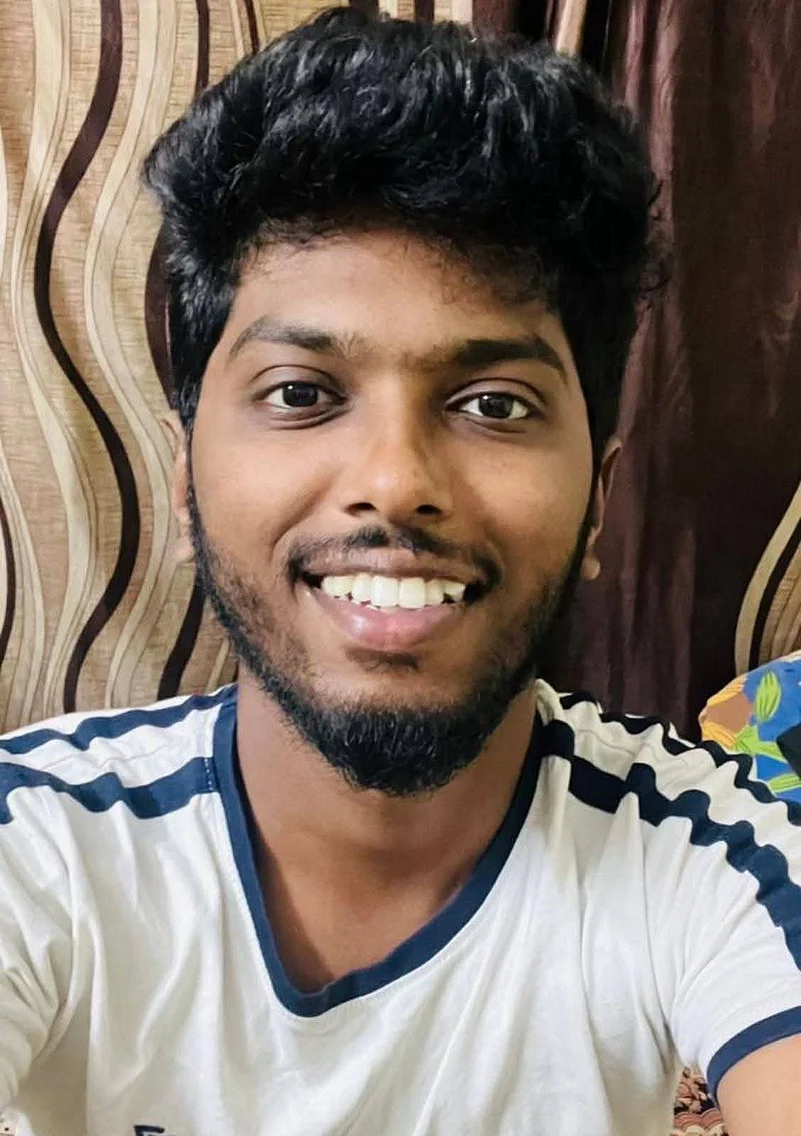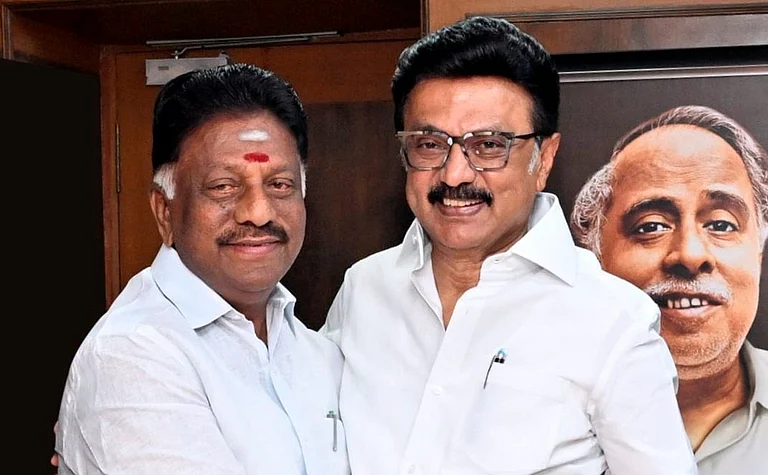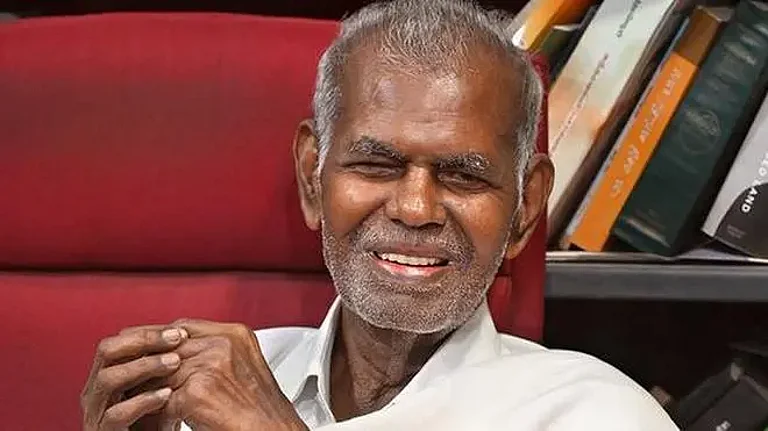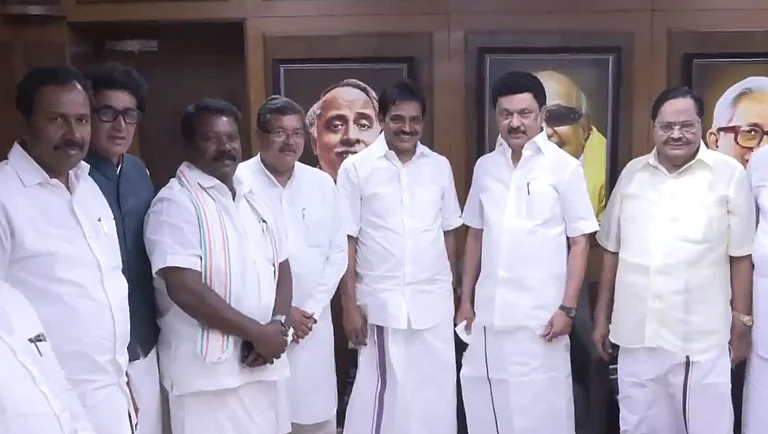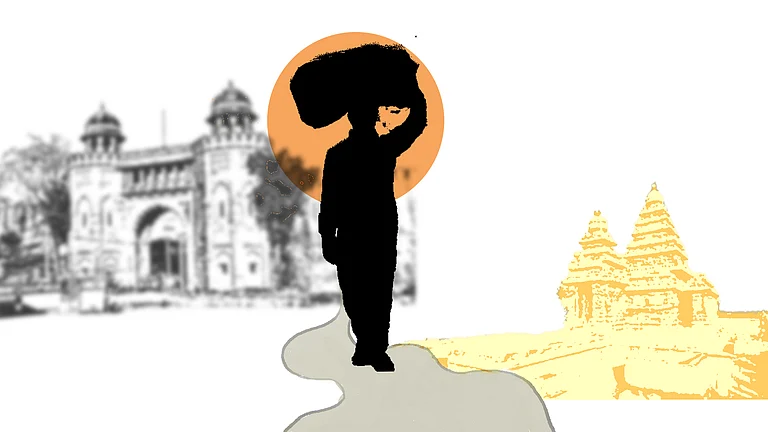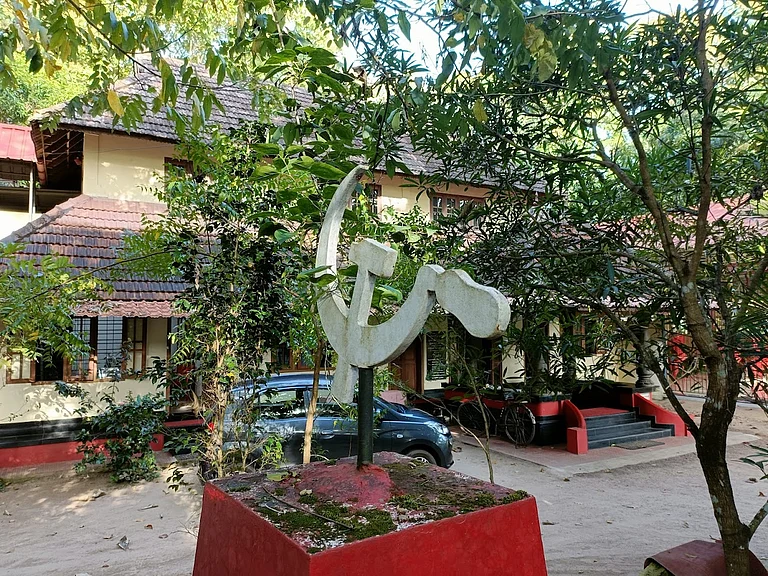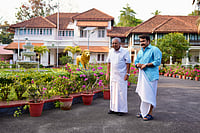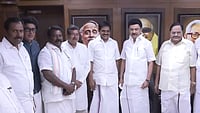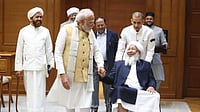
Tamil Nadu’s Dravidian and self-respect movement failed to address caste prejudices
Anti-Brahmanism did not lead to the annihilation of caste
Abysmally low conviction rate in ‘honour killings’ points towards the need to have strong legislation
The killing of a 27-year-old Dalit youth in Tirunelveli, Tamil Nadu, has once again brought focus on the entrenched rivalry that exists between different caste groups in the state. In what is considered a (dis)honour killing, Kavin Selva Ganesh, an IT engineer, was hacked to death when he was in Tirunelveli to visit his girlfriend. The incident has once again laid bare the simmering animosity that the backwards communities have against the Dalits in the state.
Kavin Selva Ganesh was hacked to death by the brother of his girlfriend near the private Sidha hospital where she was working. The government has handed over the case to the Crime Branch-CID and arrested the girl’s brother, Surjeet and his father, Saravanan. Saravanan and his wife Krishnakumari are sub-inspectors of the police. Both are suspended from the service.
In another murder case, in March this year, a postgraduate student was killed by her brother for having been in a relationship with a boy of ‘lower caste.’
Evidence, an NGO based in Madurai, has identified 65 cases of ‘honour killings’ in Tamil Nadu in the last eight years.
According to A. Kathir, Executive Director of Evidence, many of the cases have not been reported to the police. According to him, though, Tamil Nadu has undergone a social transformation, and the caste prejudices have survived.
“Despite the Dravidian movement, Tamil Nadu has never been anti-caste. Anti-Brahmanism does not mean anti-caste. Backward communities are politically powerful in the state. They unleash attacks against the Dalits. Our study has revealed to us that at least 20 per cent of suicidal deaths of women happen due to issues connected with caste. And if we count the crimes against SC/STs, 90 per cent of them are committed by people belonging to backwards classes,” he tells Outlook.
In fact, many such killings are not reported. In 2023, the Rajya Sabha was told that between 2017 and 2021, only three honour killings had been committed in Tamil Nadu. But our research has shown that actually, 24 killings in the name of honour took place during the same period,” Kathir added. According to Evidence, most honour killings are covered up as deaths by suicide.
Like in other parts of the country, Tamil Nadu also shows that financial status is no guarantee for social acceptance, as proved by the killing of Kavin Selva Ganesh. “Not just caste groups, even parties like Pattali Makkal Katchi (PMK) clandestinely promote caste rivalry in their strongholds,” says Balavelan, CPIM state committee member. “Though the DMK government has taken various measures to deal with caste prejudices, the repeated incidents point out that these measures are insufficient to deal with the entrenched caste prejudices in the society. we have been demanding strict legislation to curb honour killings. Political parties must realise the dangers of caste mobilisation and stop supporting them for political gains” says Balavelan.
According to the 2011 census, 68 per cent of the Tamil Population belongs to Other Backwards Castes (OBC). 20 per cent are from the Scheduled Castes.
According to A Kathir, in the majority of cases, it is people from the OBC castes who maintain hate and animosity towards the Dalit community. Financial mobility of the Dalits might have added to this. This hatred is deepening with the sprouting of various caste groups,” he says.
The Tamil Nadu government has taken several steps to overcome caste basis and polarisation in educational institutions. “The renaming of government-run student hostels as ‘social justice hostels’ was taken to erase caste indicators. But the problem in Tamil Nadu is so deep that it can’t be overcome by symbolic measures alone,” says K Samuelraj, General Secretary of the Tamil Nadu Untouchability Eradication Front (TNUEF). He says that there have been some social developments that exacerbated the social chasm.
“There is a ‘sanskritisation’ process happening in many of the caste groups. Almost every caste group is manufacturing their own ‘glorious history’, without any material evidence. These caste organisations are able to attract youths by proclaiming their ‘glorious past’. The Sangh Parivar is tacitly supporting this process. They think they can penetrate Tamil Nadu politics through caste organisations. Political parties like Pattali Makkal Katchi(PMK) are actively promoting casteist politics,” Selvarj adds.
The conviction rate in ‘honour killings’ is abysmally low in Tamil Nadu. According to anti-caste activists, in the last 25 years accused in only six cases were convicted. “This points towards the importance of enacting strong legislation that ensures punishment for the culprits,” says Kathir. Anti- caste activists say that in many cases, the police are conniving with casteist groups, and this adds to the problem
Earlier Madras High Court had directed the police and social welfare department to ensure the safety of inter-caste couples. It asked the government to form committees in all districts to protect couples. But so far, only three district committees have been formed. The Supreme Court's direction to enact a law to prevent ‘caste murders’ has also fallen on deaf ears.







